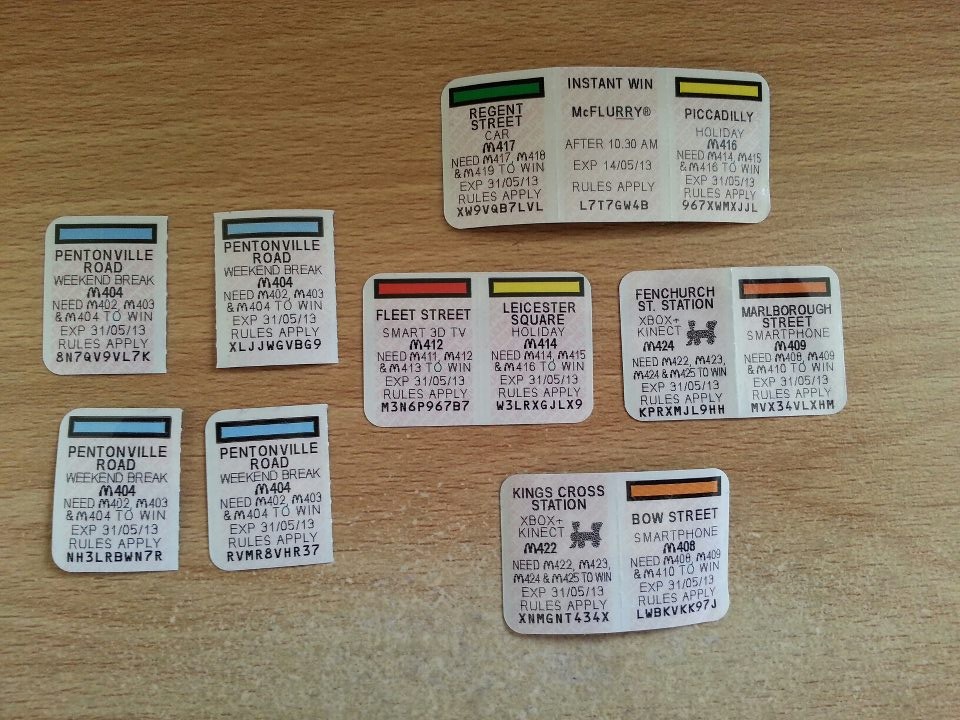

Earlier, in their catalog, they had advertised a board game entitled Table Tennis. One exception to this was their introduction of the British Ping-Pong craze to America in 1902.

Game sets were often made of large wood boards or cases accompanied by “bone dice, metal tokens, and figural wooden playing pieces turned on a lathe.” 6Īs the major game manufacturers in America began to scale back their elaborate game sets in the early 1900s, Parker Brothers began focusing on card games. By this time, board games could be mass-produced with a lithographic printing process that no longer needed to be hand colored. This catalog included a reissue of an Ives board game, the Mansion of Happiness, which was promoted as the first American board game. In the 1880s, Parker Brothers was one of the first American game companies to advertise in magazines. They also produced a catalog of their family parlor games in 1894. Parker Brothers would remain a family-owned and managed business for another 80 years until 1968. Ten years later their older brother Edward would join the company as well. George was joined by his brother Charles in 1888 to create Parker Brothers, based in their hometown of Salem, Massachusetts. During this time he also launched his own game, Chivalry, which was later renamed Camelot.
History of monopoly game pieces full#
By 1887 he had obtained the rights to the full Ives line. Ives, one of the oldest manufacturers of games at the time. 5Īs he was inventing games, George was also selling games manufactured by W & S.B. 4 Some other examples were the board games Klondike, about the Alaskan Gold Rush, and the War in Cuba, concerning the Spanish-American War. 3 Banking was one such game as it was released just as America had ended a post Civil War depression and was beginning a period of more prosperous economic times. His goal was to keep people informed about their times as they were entertained. Most of his early games were designed to educate and entertain. Parker Company to market his first game, Banking, a finance game that he had modified from a morality card game called Everlasting. In 1883, at the age of sixteen, George founded the George S. 1 His own passion for inventing games was expanded upon by strategic acquisitions of other inventors’ products and his 12 tenets for running a good business - his own rules for the “game” of a successful corporation. Parker, believing that strategy and amusement games could be enjoyed by adults as well as children, developed the classic games Monopoly, Flinch, Pit, Rook, Boggle, Risk, and Sorry.


 0 kommentar(er)
0 kommentar(er)
